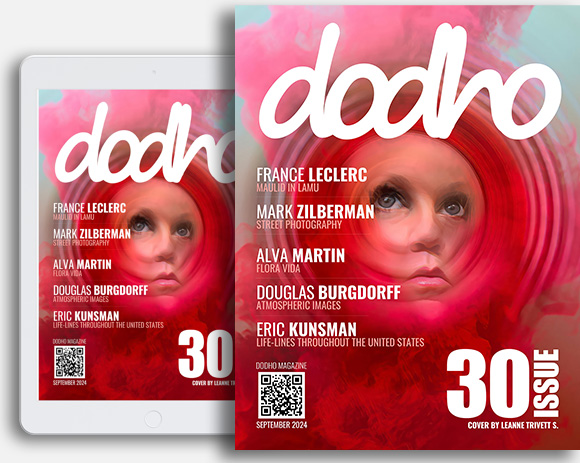This story is based on a day visit in a rural village of silk makers, India. It is a winter morning and people are busy in several activities to make Tussar silk which has rich texture and natural deep gold colour.
I have tried to capture few moments of their lives and activities. It is a very nice experience with my camera as people are so kind, generous, helpful and jovial during their hectic working hours. Women contribute about 70 % of the workforce for making of natural silk (Seri- culture) in India, the second largest producer of Tussar silk in world. In this village, the villagers are given an initial training in making silk from single- shelled, oval- shaped cocoons and spinning and weaving the silk fabric. The process of extracting raw silk fibre from cocoon in cold and unwinding it onto a holder (Reeling) is very delicate and laborious task as legs of silk makers are exposed during this task in wintry weather. Raw silk threads are soaked in warm water mixed with oil or soap to achieve the distinctive softness and shine. After drying and degumming, the silk thread gets a creamy white colour. Some of the images describe the moments of this process.
After making the silk threads, they make the silk clothes through looms. It takes almost one week to prepare a saree, the most important tussar silk product. Also, it is also used as the base material for handicrafts, furnishing fabrics, and stitched apparel. The group of people involved in this making can earn Rs. 1000/- only for making one saree while these sarees display with a tag of around Rs.10,000/- per piece in showrooms and shopping malls. Moreover finished and designer garments produced from Tussar silk are exported worldwide with very high price tag.
In this circumstance, without getting proper remuneration and appreciation, silk makers are still continuing this profession. They patiently carry the culture and the form of art. Their simplicity, positive emotional states, sympathy for others and struggle for hope of future upliftment make me surprised. Supervision of Government or some helping hands from other organisations are necessary to open a new window of hope in their creative journey.
About Dr Shirshendu Chowdhury
Dr Shirshendu Chowdhury is an assistant professor of Mathematics in Indian Institute of Science Education and Research Kolkata, India. Besides research and teaching in Mathematics he is passionate about photography. He mostly falls in love with people and street photography. He is an amateur photographer whose passion for photography is linked to travelling. His few works are published in 1X.com. He thinks that photography is an art of observation to find something interesting around us.
























